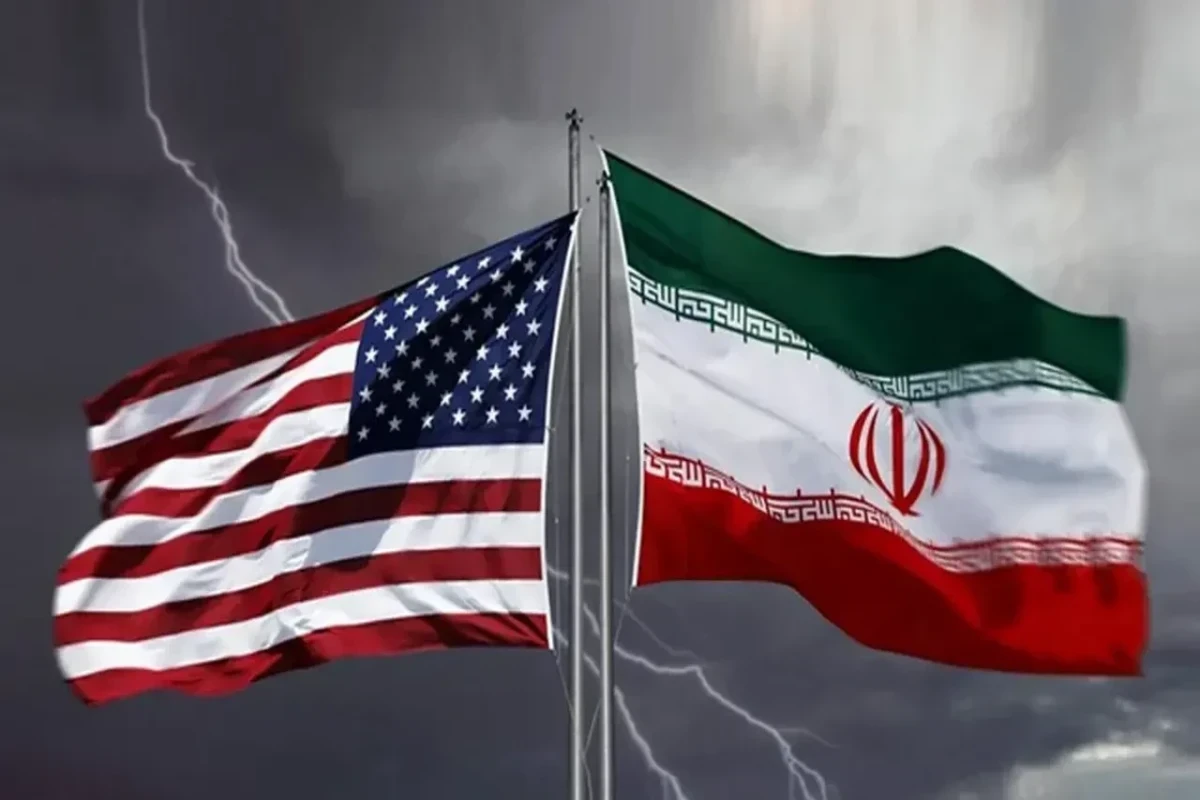
US-Iran nuclear talks will start up again in Muscat, even though tensions are rising before Trump’s trip to the Middle East
Leading US and Iranian negotiators will return to Oman on Sunday, with both sides adamantly defending their respective red lines.
In an effort to settle long-standing disagreements over Tehran’s nuclear program, senior U.S. and Iranian negotiators will gather in Muscat on Sunday for a new round of indirect negotiations. The talks take place just days before US President Donald Trump embarks on a crucial trip to the Middle East.
Although Washington and Tehran have openly expressed a preference for diplomacy, they are still sharply split on important topics. It is anticipated that the fourth session of negotiations between Iranian Foreign Minister Abbas Araqchi and US ambassador Steve Witkoff will be mediated by Omani officials.
In an interview with Breitbart News on Thursday, Witkoff reaffirmed Washington’s unwavering stance: “No enrichment.” This entails dismantling, not weaponizing, and naming Iran’s main nuclear plants in Isfahan, Fordow, and Natanz as targets for complete dismantling. He cautioned that “they won’t continue and we’ll have to take a different route” if Sunday’s negotiations prove fruitless.
In response to their remarks, Araqchi declared that Iran would never give in on its independent nuclear rights.
“Iran is still negotiating in good faith.” However, I make it plain that Iran would not compromise on any of its rights if the goal of these negotiations is to curtail its nuclear capabilities,” he stated on Saturday.
Tehran firmly refuses to stop enrichment or turn over its enriched uranium stockpile, which it views as non-negotiable red lines, but is reportedly willing to negotiate some restrictions on its nuclear activity in exchange for sanctions relief, according to Iranian officials.
On condition of anonymity, a senior Iranian official told reporters: “What the US says publicly differs from what is said in negotiations.” After Sunday’s session, which was originally planned for May 3 in Rome but was postponed for “logistical reasons” highlighted by Oman, the official noted, clarification is anticipated.
The negotiations are made more difficult by Iran’s rejection of any talks over its ballistic missile program and its demands for assurances that the US won’t unilaterally back out of any future agreements. During his first term, President Trump revived a “maximum pressure” campaign and reimposed broad sanctions after withdrawing from the 2015 nuclear agreement.
Iran has violated the terms of the 2015 agreement since 2019, including increasing uranium enrichment to 60%, which is just below weapons-grade levels, the UN nuclear watchdog said.
Trump is scheduled to travel to the United Arab Emirates, Saudi Arabia, and Qatar from May 13 to May 16. According to analysts, regional dynamics during the trip could be impacted by the conclusion of the negotiations in Muscat.
Both parties are under increasing pressure to either strike a settlement or brace for possibly dire outcomes as tensions stay high.
All Categories
Recent Posts
Tags
+13162306000
zoneyetu@yahoo.com



